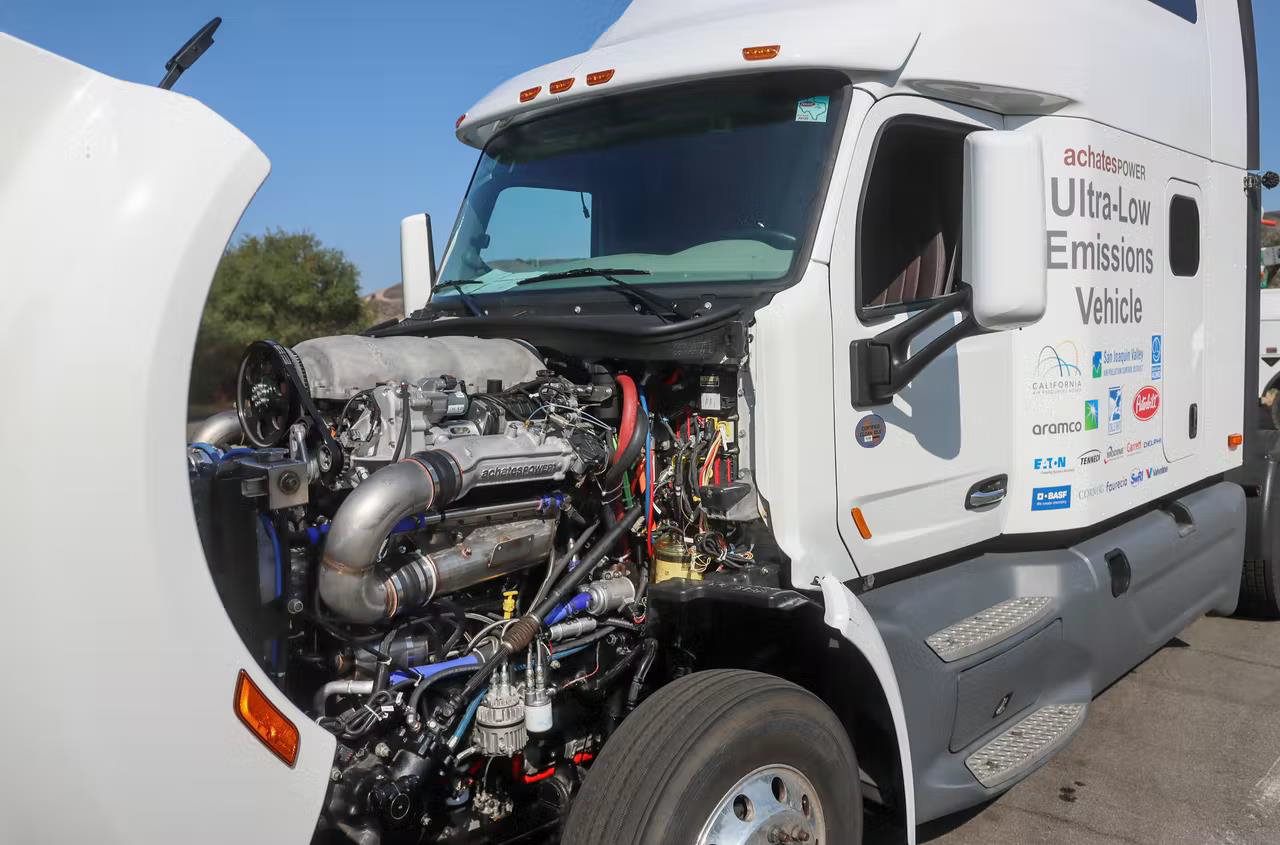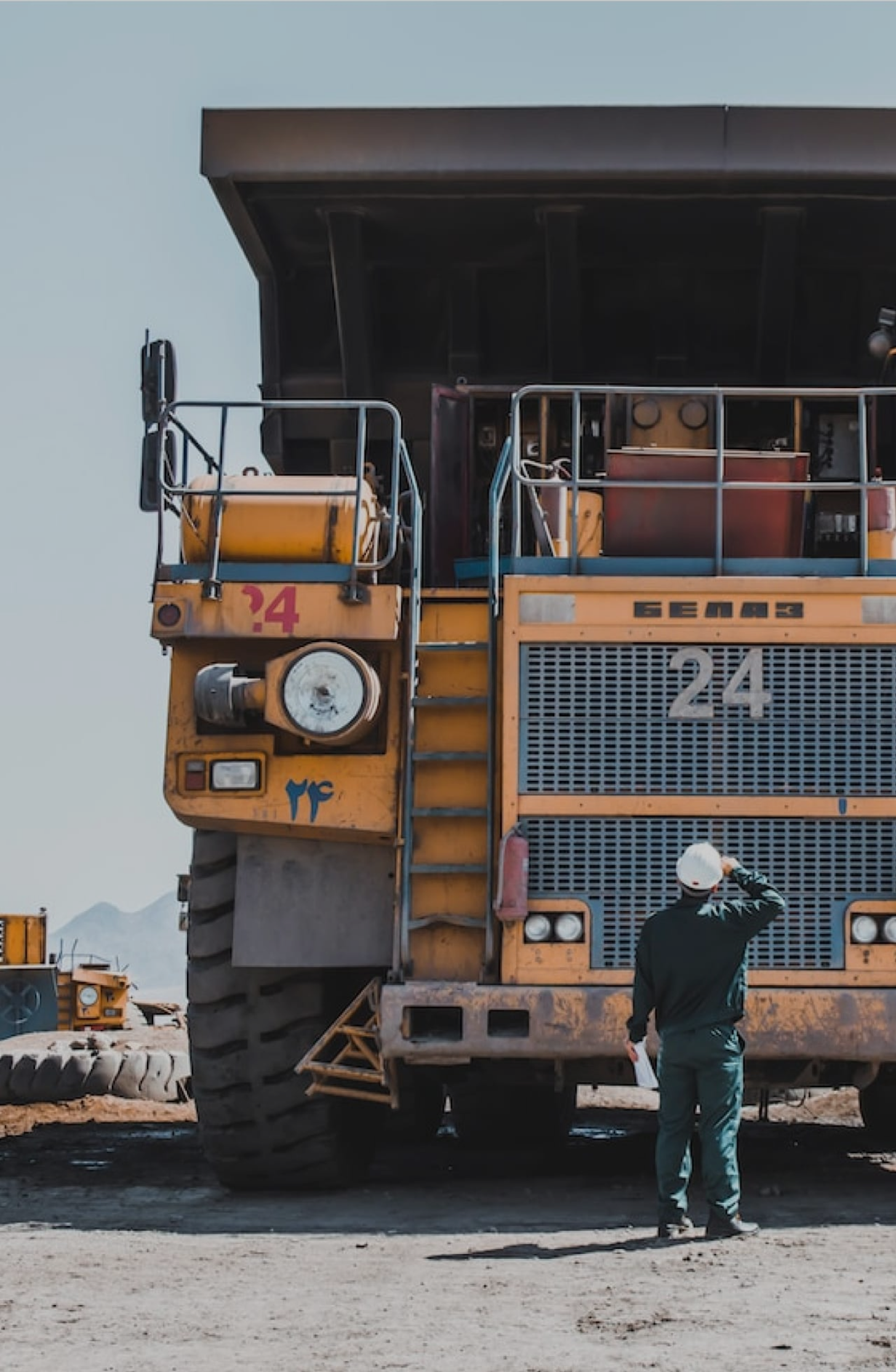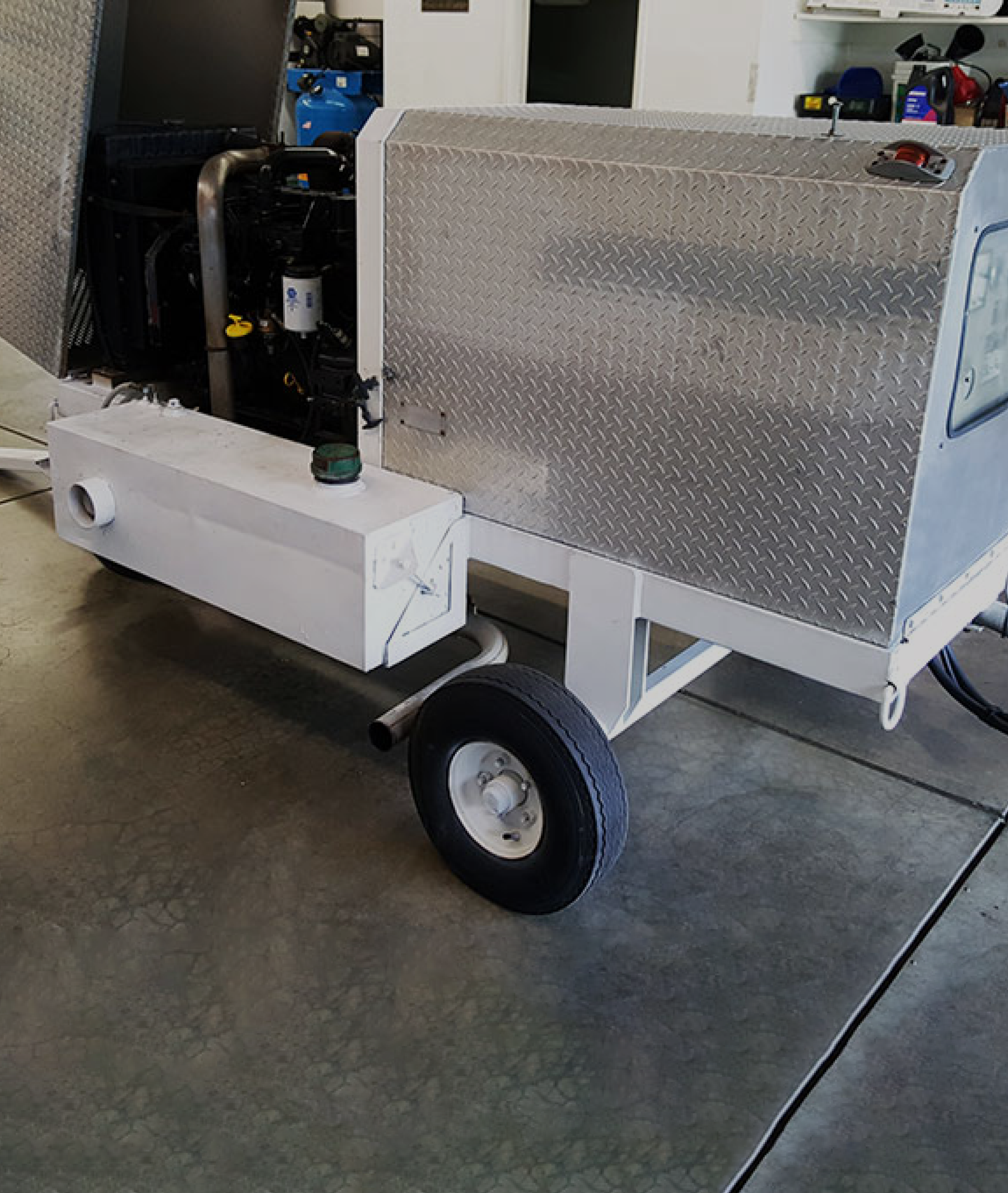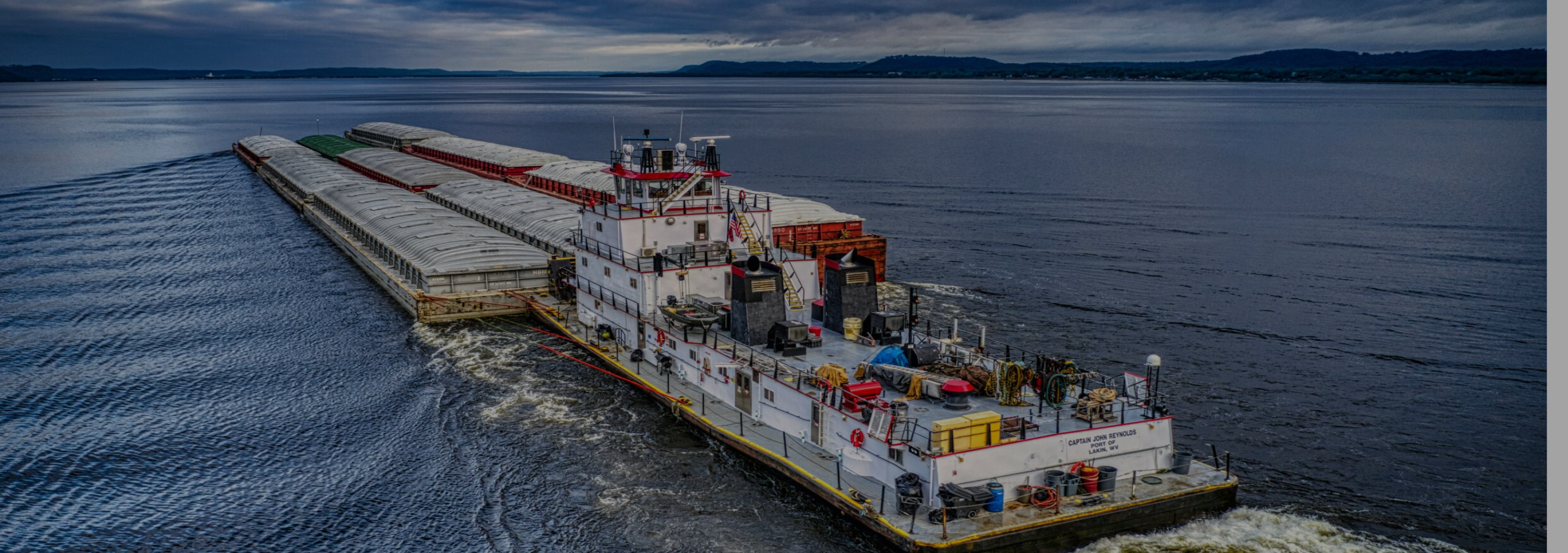
Sea Pro® Series
Sea Pro® products, setting a new standard in marine fuel filtration.
 View our Products
View our Products 
Peak performance. Efficiency delivered.

Discover unparalleled efficiency and peak performance for your commercial marine applications with Sea Pro®. DAVCO’s steel erosion-treated body is engineered to excel in the most demanding marine environment. The Sea Pro® 882’s plex’ing capability allows for a seamless 5-minute filter change while the engine is operational.
Extends service intervals up to 1,000 hours or beyond
EIP Interface protects essential equipment
Eliminates the need for three separate stages of fuel filtration
No loss prime, inlet check valve assembly maintains prime after service
Extend water drain-off interval with a large water holding capacity

Top Products

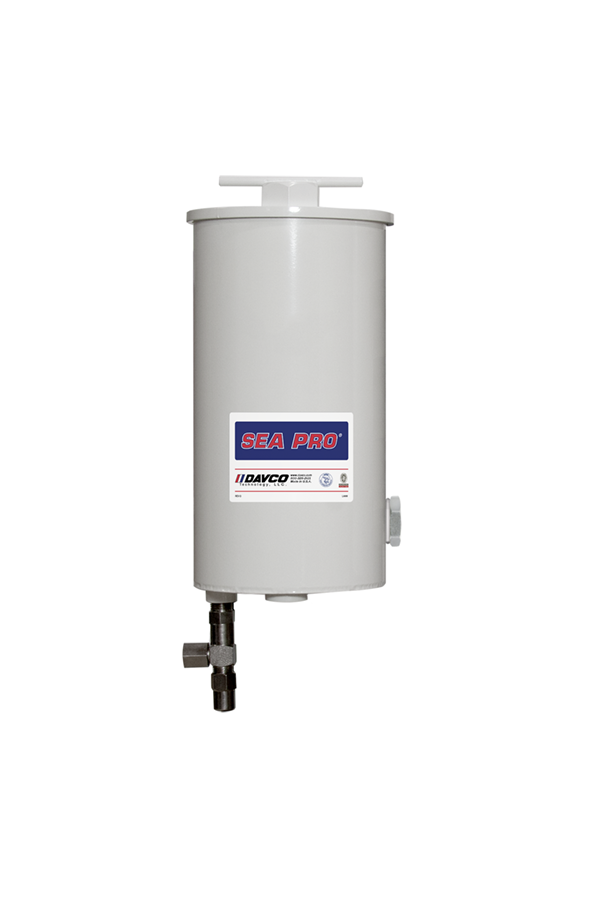
Sea Pro 881 Short Single
Engineered to excel in the demanding marine environment, the Sea Pro® 881 redefines industry standards, ensuring optimal fuel/water separation performance. Unleash the power of cutting-edge technology and reliability on the open water with Sea Pro® – where performance meets precision.
 Learn more
Learn more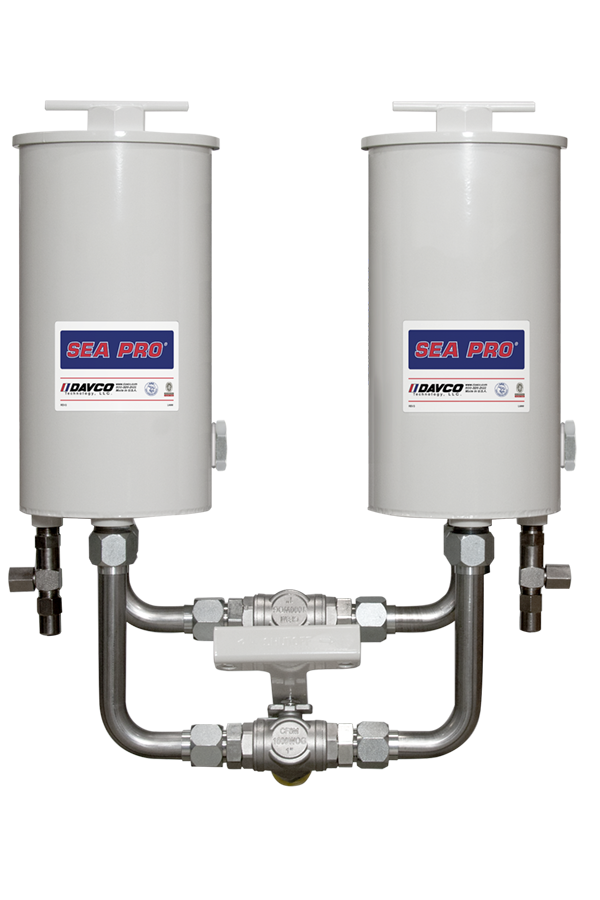
Sea Pro® 882 Short Duplex
The Sea Pro® 882 redefines industry standards, ensuring optimal fuel/water separation performance by exceeding the standard of commercial marine applications.
 Learn more
Learn more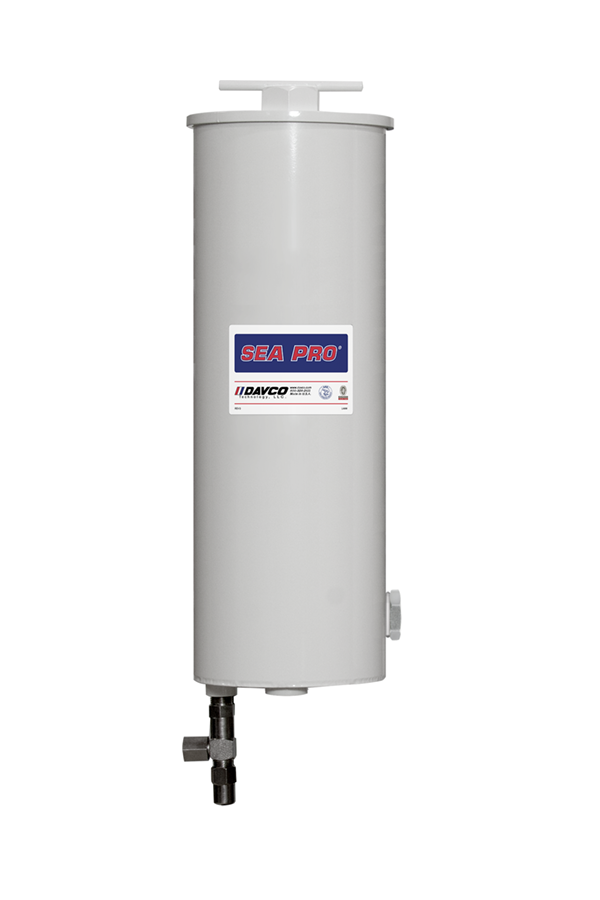
Sea Pro® 891 Tall Single
The Sea Pro® 891 fuel filtration solution exceeds the demands of commercial marine applications.
 Learn more
Learn more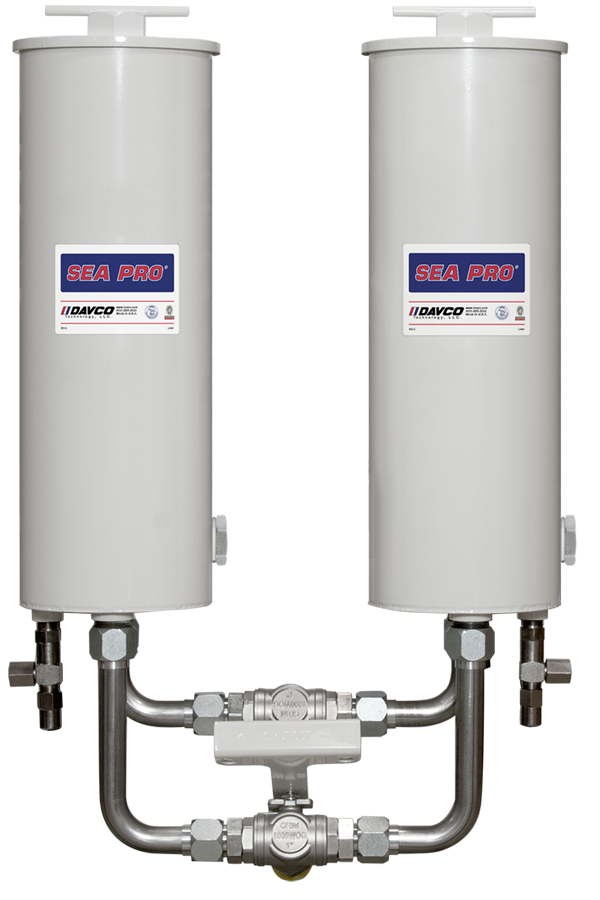
Sea Pro® 892 Tall Dual
Discover unparalleled efficiency and peak performance for commercial marine applications with the Sea Pro® 892 Tall Dual.
 Learn more
Learn moreWant to Explore Our Other Products?
View More Products
“Boyle Transportation started specifying the DAVCO 382 Fuel Pro Filter on Detroit Diesel, Series 60 motors in Freightliner, Century Class tractors in 2001. At that time, water was the primary concern in any fuel injection system. As emission standards changed and injection pressures increased substantially, micron ratings dropped dramatically, the DAVCO Fuel Pro became the primary filter preventing water and microscopic particles from damaging the ever smaller passages in the modern day common rail fuel injection system.”

Other Industries We Serve

